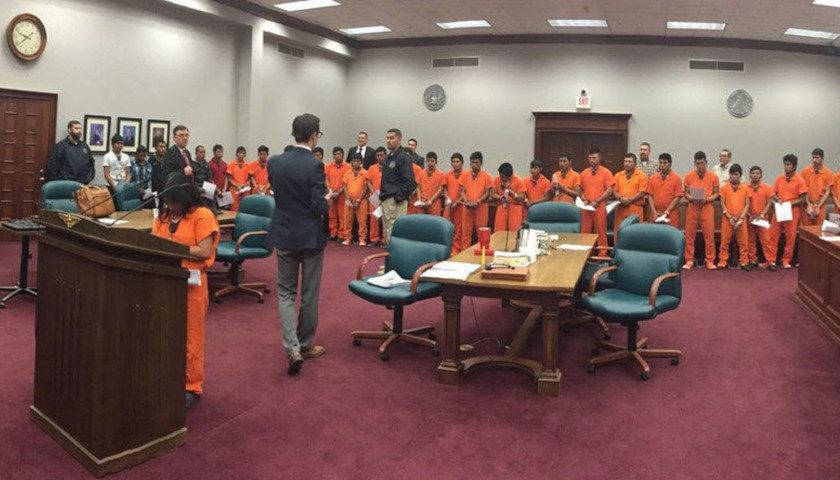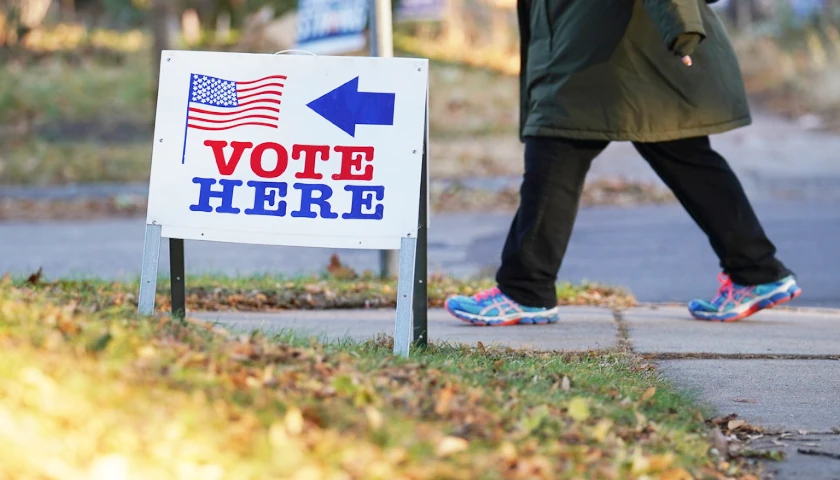by Tyler Arnold
Opioid prescriptions dropped 15 percent in 2018 from the previous year in Michigan, according to numbers released by the Michigan Department of Licensing and Regulatory Affairs (LARA).
The number of opioid prescriptions dropped from 9.7 million to 8.2 million in that timespan.
“The decrease in dispensions could be attributed to a number of things such as prescribers weaning patients off of opioids or perhaps using treatment alternatives, to not prescribing the opioids due to the patient risk based on what the patient had been prescribed previously,” Matthew Erickson, public information officer for LARA, told The Center Square in an email.
The increased awareness among doctors through the participation in the government-sponsored Michigan Automated Prescription System (MAPS) has significantly contributed to the decline of prescribing these drugs, according to Erickson. MAPS is a monitoring program that tracks controlled substances and helps prescribers and dispensers see potential risks in patients to prevent drug abuse.
“MAPS has played a critical role in both combating the opioid epidemic here in Michigan and in ensuring patients who need prescription drugs have access to them,” Gov. Gretchen Whitmer said in a news release. “As leaders, we have a responsibility to help patients get the care they need and raise awareness on the opioid crisis and the damaging effects it has had on our families and our economy. I’m eager to continue working with LARA to ensure the health and safety of people across the state.”
In 2018, legislation that mandated patients register into MAPS took effect. The legislation also required that doctors check MAPS before prescribing any more than three days worth of these drugs. The mandate forced participation numbers up 134 percent, which contributed to the drop in prescriptions.
Erickson also said that LARA partnered with the Michigan Department of Health and Human Services (MDHHS) and healthcare associations have been assisting health professionals on how to properly use MAPS
“Prescribers should prescribe appropriately for conditions being treated, if that means using other alternatives that may be available, that is up to the licensed prescriber to apply the appropriate treatment,” Erickson said.
Michigan is one of several states that has been plagued with an epidemic of opioid addiction and deaths, usually due to patients being prescribed the drug and then getting addicted and having trouble getting off of it. In 2017, Michigan had 1,941 deaths from opioid overdoses out of 2,729 overall drug overdoses.
– – –
Tyler Arnold reports on Virginia, Ohio and Michigan for The Center Square. He previously worked for the Cause of Action Institute and has been published in Business Insider, USA TODAY College, National Review Online and the Washington Free Beacon.




